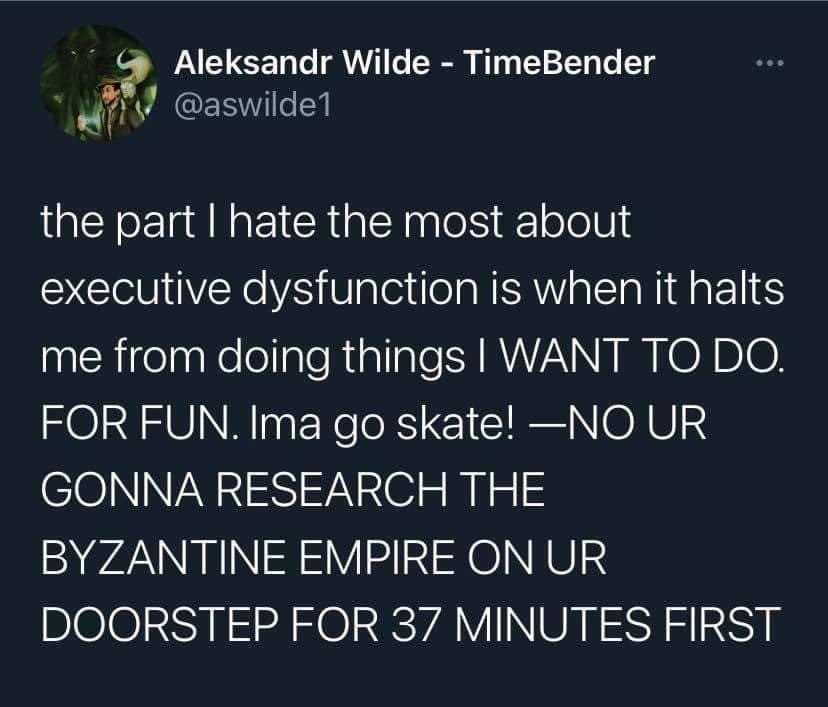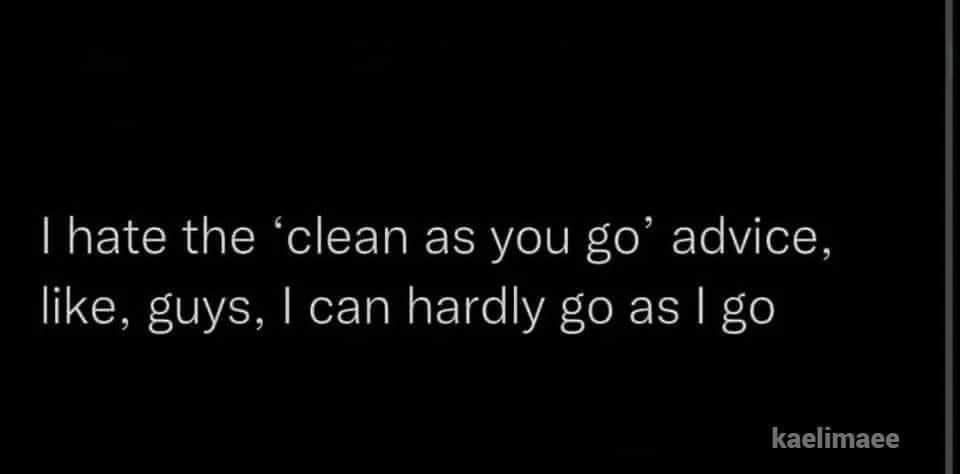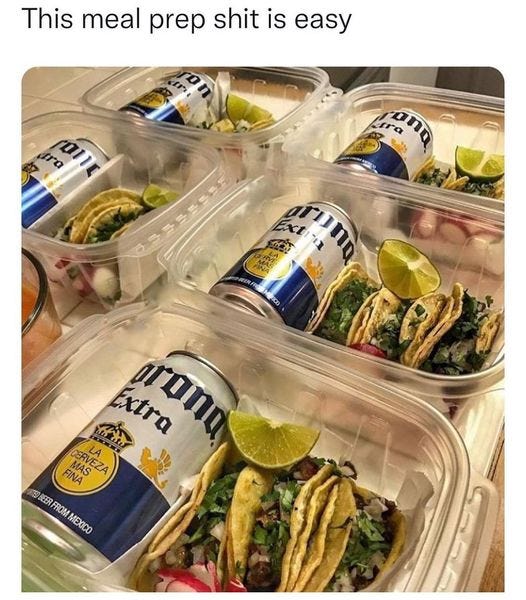The Eating While Neurodivergent workshop is today!!!
I've gotten a lot of questions about what I'm specifically teaching and whether or not I'm a Registered Dietitian. I am not. 😂
And I'm not going to tell you what to eat at all. That's not what this is about.
This is about figuring out your systems around food.
So, let's talk about what that looks like. Whatever your diet is, when it comes to executive dysfunction, a big part of the problem is having food readily available when you need to have it.
An example might be that if you don't do anything until you've eaten breakfast for the day, but you're out of eggs and need to go to the grocery store, you may do nothing at all that day.
Because if eating breakfast is the first step, and that step is missing, then everything else in your routine will completely fall by the wayside. Sure, you could order eggs to be delivered. You could have a friend bring them over.
But those things also require executive functioning, and while you can KNOW these things, it doesn’t mean you’ll take that action when you actually need it.
And this isn’t about WHAT the food is, either.
If peanut butter and jelly and pickles is what makes you happy, then that is what you should eat. But we should make sure that there's lots of peanut butter, lots of jelly, and lots of pickles. We should also make sure that bread is readily available or bread alternatives.
But…what if you're attacked by ducks and all of your bread suddenly gets eaten?
First of all, I hope you’re okay.
But maybe there's a loaf of bread in the freezer. Or maybe there's a loaf of bread dough in the freezer. Or maybe some rice cakes that will do in a pinch.
Whatever it is you want to eat, I want you to eat that. I want you to feel supported in eating that.
And in order to do that, you have to create a framework around your food.
You have to be able to define those foods that do make you feel safe. You have to be able to define what it is you'll eat when you are sick. You have to be able to define what it is you'll eat when nothing sounds good.
So that we can construct the support that makes these things readily available.
Maybe it’s soup.
Perhaps it's soup in a cup. Perhaps it's a bag of ready-to-make Kitchari. Perhaps it's homemade soup that you have frozen using Souper Cubes.
The point is that it's available when you need it without actual preparation because that's the place where we get stuck.
If I need food, and I have to prepare it, and the kitchen is dirty, I may not eat. Because instead of just preparing food, I have to clean the kitchen first. And if I haven't eaten I may not have the energy to clean the kitchen. All of this is very cyclical.
So what we're going to be doing is figuring out what our basic needs are, how we identify those needs, how we put in supports for those needs so that the foods that we love that we will eat are available.
And listen, if you're reading this thinking “I don't understand why you have a problem eating,” then this email is not for you. This workshop is not for you.
But if you're reading this and thinking “that sounds overwhelming,” then trust me, this workshop is for you.
Food is fuel.
And just like an airplane, we do not put shitty fuel into it and expect it to fly properly. But we are constantly fueling our bodies poorly and then wondering why it's not meeting our expectations.
Again, I'm not going to tell you what to eat.
I'm going to tell you what you need to know so that you can.
This workshop is free to yearly subscribers of the Neurodiversity Media Network ($300), or you can purchase it as a one-off ($147).









